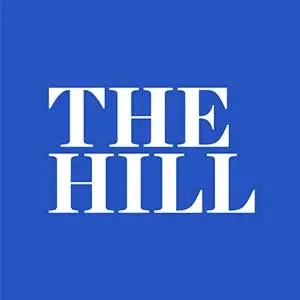
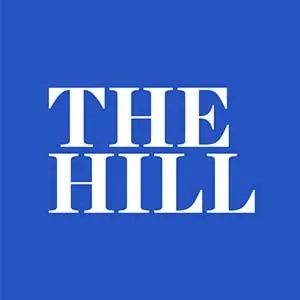
Hospitals loudly raised alarms about Trumps tax and spending bill, but their warnings went unheeded. Now they say they will bear the brunt of changes to Medicaid.

The new law cuts about $1 trillion from Medicaid, primarily through stringent work requirements as well as reductions to how states can fund their Medicaid programs through provider taxes and state-directed payments.
While most of the cuts wont happen immediately, rural facilities in particular say they likely will have to make difficult financial decisions about which services they can afford to keep and which may need to be cut.
Republicans pushed back the start date for the provider tax reductions until 2028, and they wont be fully phased in until 2031. The bill was only signed into law July 4, so hospitals said its too early for them to know specifics on which services theyll have to cut back on.
But the discussions are underway because hospitals need to start planning.
If they see a very negative outlook in terms of Medicaid revenue reductions, increases in uncompensated care costs, I think that will tip the scales towards cutting services, cutting staff, not hiring, not expanding, said Edwin Park, a research professor at the McCourt School of Public Policy at Georgetown University.
Rural hospitals rely heavily on Medicaid funding because many of the patients they care for are low-income.
Medicaid-dependent services like labor and delivery units, mental health care and emergency rooms are some of the least profitable, yet most essential, services that hospitals provide. But experts said those will likely be axed as hospitals try to stay afloat.
Mark Nantz, president and chief executive officer of Valley Health System said once the cuts are fully phased in, his system will lose about $50 million a year in revenue for Medicaid patients. The most likely casualty will be new construction and expansion plans, but he said its too early to know more.
Welcome to The Hills Health Care newsletter, were Nathaniel Weixel, Joseph Choi and Alejandra OConnell-Domenech every week we follow the latest moves on how Washington impacts your health.
Did someone forward you this newsletter? Subscribe here.
How policy will be impacting the health care sector this week and beyond:
Dozens of ice cream manufacturers are planning to remove artificial dyes from products by the end of 2027, according to the International Dairy Foods Association (IDFA), the latest voluntary move by the food industry to support Health and Human Services Secretary Robert F. Kennedy Jr.s mission to eliminative artificial additives. The group of producers, which represents more than 90 percent of ice cream sold in the U.S., &
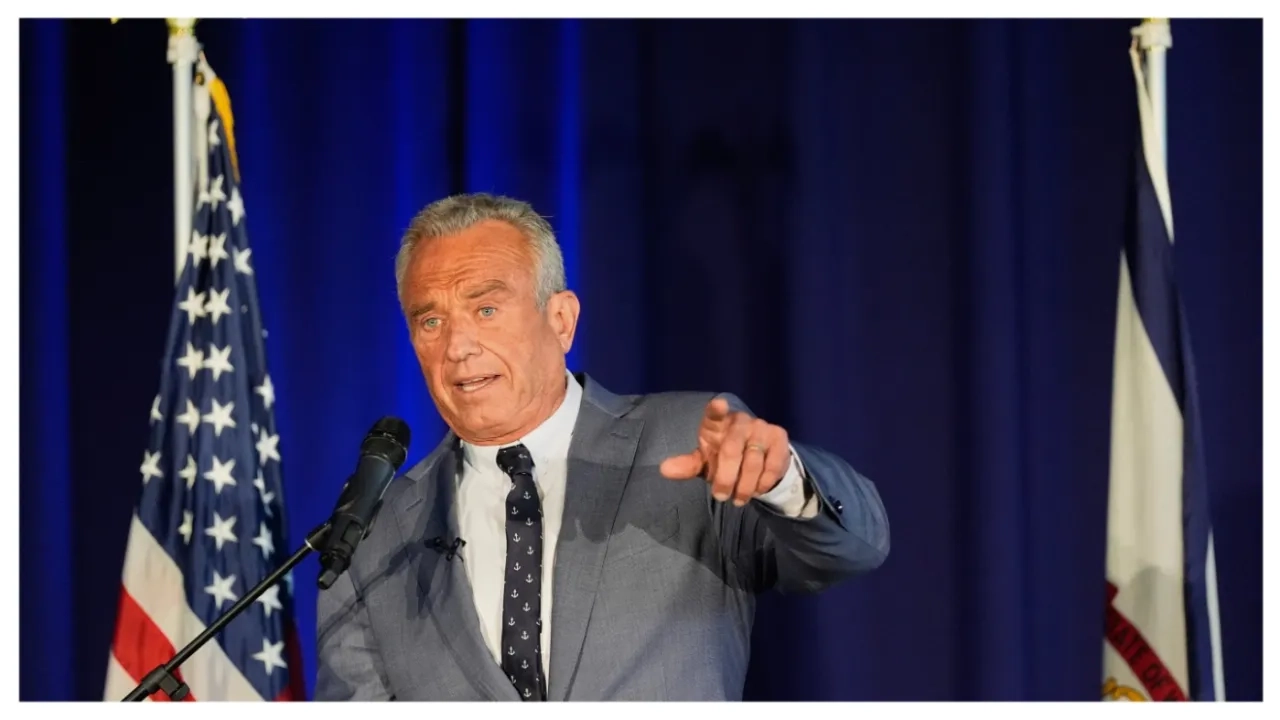
(NewsNation) Poison control centers are sounding the alarm on nicotine pouches as the number of young children accidentally ingesting them rises. According to a study published in the medical journal Pediatrics, calls to poison control centers that involved children under the age of 6 with nicotine poisoning rose by over 760% between 2020 and 2023. Nearly all cases happened at home. While cases included chewing tobacco, vapes &

A federal judge in Texas reversed a Biden-era rule on Friday that permitted medical debt to be wiped from credit reports, according to court documents. U.S. District Judge Sean Jordan, a 2019 appointee of President Trump, said the rule by the previous administration exceeds the authority of the Consumer Financial Protection Bureau (CFPB). The CFPB, an independent agency, finalized the rule in January as former President Biden &
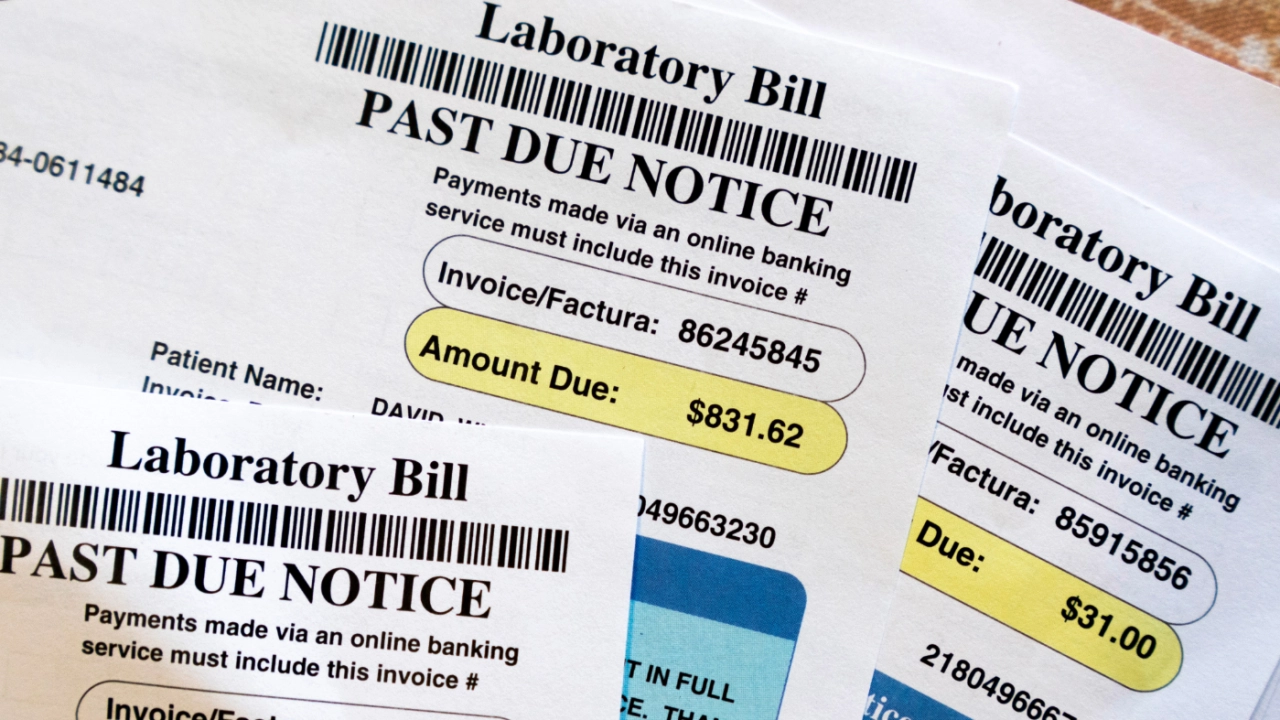
Upcoming news themes and events were watching:
- The Hill and NewsNation are hosting an inaugural Hill Nation Summit to interview Washingtons top leaders. Speakers include: Speaker Mike Johnson (R-La.), FDA Commissioner Marty Makary, White House senior counselor for trade and manufacturing Peter Navarro, House Democratic Vice Chair Ted Lieu (Calif.), former DNC co-Vice Chair David Hogg and more. Full speaker list here Request to attend here
- A House Energy and Commerce subcommittee holds a hearing Wednesday to discuss bills concerning the public health workforce, rural health, and over-the-counter medicines
Branch out with a different read from The Hill:
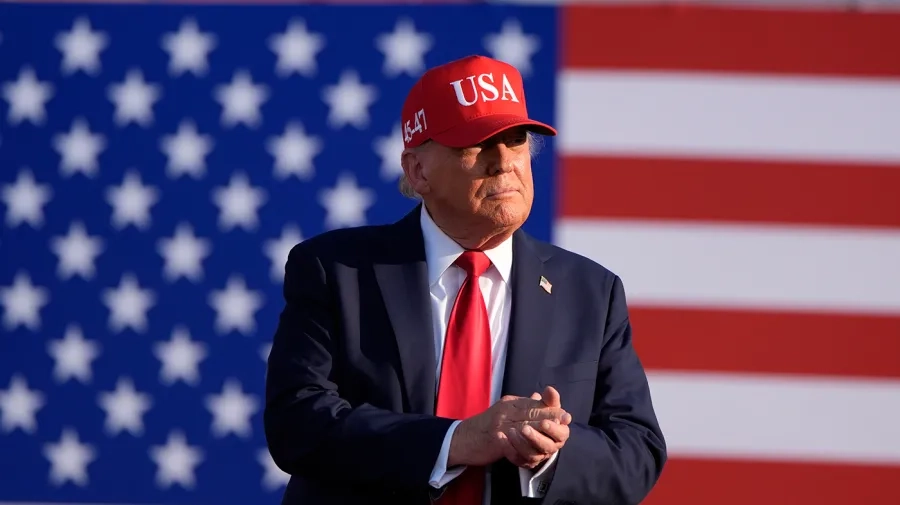
Voters are evenly divided on President Trumps big, beautiful bill, according to a poll. A Harvard CAPS/Harris poll released Monday found 44 percent of respondents said they supported the Republicans major policy bill while another 44 percent said they didnt support the legislation. A separate 12 percent said they were not sure.
Local and state headlines on health care:
- Connecticut lawmakers moved to shield state from Trump federal health-policy changes. Heres what passed. (CT Insider)
- Mental health programs could bear the brunt of $600M federal cuts to Texas schools (The Texas Tribune)
- 2,000 Portland area residents stare down homelessness while waiting for tardy Oregon Health Plan rent checks (The Oregonian)
Health news weve flagged from other outlets:
- Vested interests. Influence muscle. At RFK Jr.s HHS, its not Pharma. Its wellness. (KFF Health News)
- The growing influence of vaccine skeptics inside HHS (Stat)
- Former senior policy official alleges FTC bid to stop gender-affirming care is dangerous overreach into health care (Inside Health Policy)
Most read stories on The Hill right now:
CloseThank you for signing up!
Subscribe to more newsletters here
Tags big beautiful bill David Hogg Hospitals Joe Biden Marty Makary Medicaid medicare Mike Johnson Peter Navarro Robert F. Kennedy Jr. Ted LieuCopyright 2025 Nexstar Media Inc. All rights reserved. This material may not be published, broadcast, rewritten, or redistributed.


